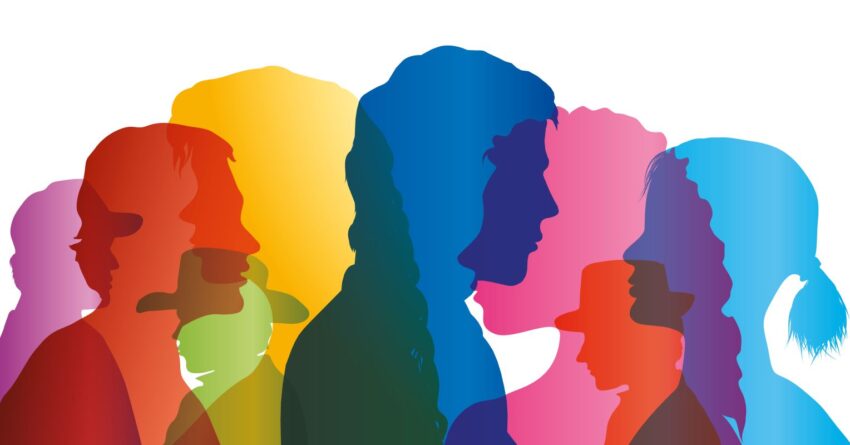Throughout the past 14 years as a grief educator, I’ve witnessed, listened to, and identified common themes among individuals who have experienced loss. A prominent theme that emerged early on is the profound need for people to feel acknowledged in their suffering and their healing journey.
In group settings, I found, people were more consistent in responding to recommended exercises compared to those I worked with individually. Having a group of compassionate witnesses seemed to motivate them to engage more with the very same work. The noticeable influx of compassion from the group greatly amplifies the healing journey for each individual.
Feeling a sense of acknowledgement is crucial in the grief healing process. Centering community compassion in the classes gradually transformed the interactions. Initially, participants were hesitant to share their deepest wounds. However, when part of their homework was to share their most inner thoughts in writing in front of the whole group, most everyone did so.
As class members began to feel seen and validated by others, even complete strangers, they started sharing their most hidden wounds and fostering a sense of connection and camaraderie. The most used response was, “I can’t believe I am sharing this with a group of strangers, I have never told anyone before.”
It might seem paradoxical but sharing inner struggles doesn’t come as easily in our own organic group settings within our family and friends as it does among strangers. But deep down, we care more about what our family and friends might think of us than we do strangers.
The importance of connection is not a novel revelation. Sixty-one percent of U.S. adults say that having close friends is extremely or very important for living a fulfilling life, according to a recent Pew Research Center survey—far more than the number of people who say the same about being married (23%), having children (26%) and having a lot of money (24%).
Knowing how important personal connection and interaction are is one thing. However, what we share with the close people in our life may have nothing to do with what really troubles us. It is as if we leave out the most important parts of our lives, the moments that have impacted us in profound and personal ways.
A 2023 survey of 5,073 U.S. adults indicated that the most common conversation topics are work and family life. Among those with at least one close friend, 58% say work comes up in conversation extremely often or often, while 57% say family comes up so often. About half say the same about current events (48%).
We share our daily issues within our family setting and we talk about our external environment. But do we share our feelings and show up vulnerably in these conversations, or do we keep things superficial and merely factual even with our closest friends and family members? This is why having an expansive group to offer acknowledgements of grief is so imperative.
Here are five lessons I’ve observed about the importance of community.
- People are most willing to be vulnerable when they are in a happy and accepting setting. Therefore, intentionally creating a blameless and positive environment is essential in reinforcing relationships based on trust and truth. Never underestimate the power of reliance and authenticity within a community.
- Just because an individual has a large group of friends doesn’t mean they feel seen in a time of suffering.
- Most of us find it difficult to be self-compassionate and kind to ourselves. This is why its vital to be surrounded by people who can contribute such support externally, who can also reflect back at us our pain with compassion and deep understanding.
- People who have endured many hardships but have received compassion and grace from others become more capable of great acts of kindness themselves. Their belief that they can really help others is increased and they become passionate about helping those who need help the most.
- Our own self-awareness is lacking when we don’t have an external awareness reflecting back to us. Research has shown that our own self-correction and guidance can be mistaken if it doesn’t have a full understanding and view of the issue at hand. We need both inner and outer guidance to co-exist so that we find clarity for our lives after loss. Not sharing feelings can prove to be catastrophic long term, especially in regards to making the right choices for ourselves, our partners, and careers.
For those inclined to repress a feeling due to doubts about its legitimacy, better instead reframe it as, It is crucial for my emotional well-being to communicate this to someone in my life. If a friend appears to be distressed, provide a positive and accepting environment for them to share their concerns by attentively listening without interjecting.
